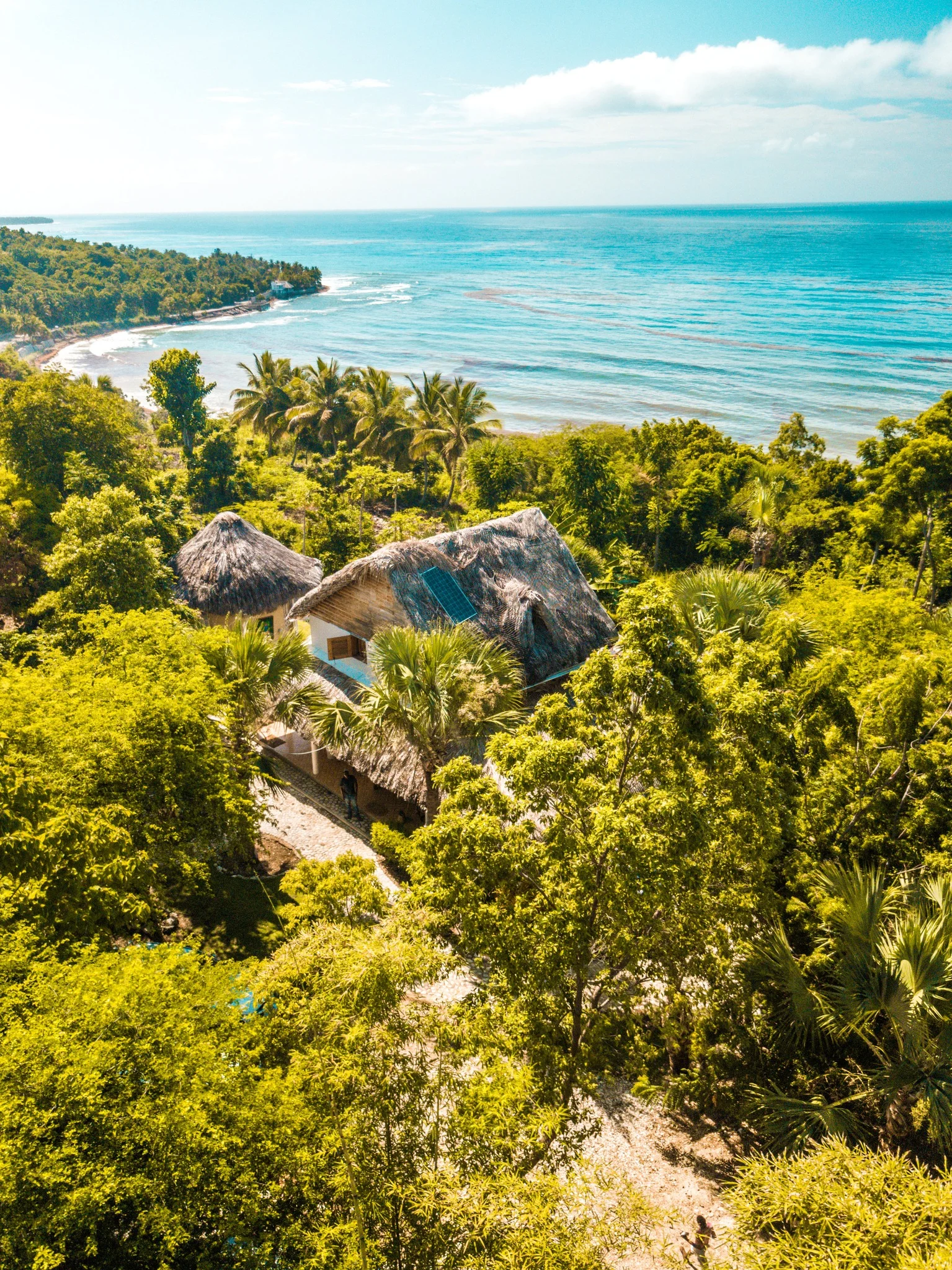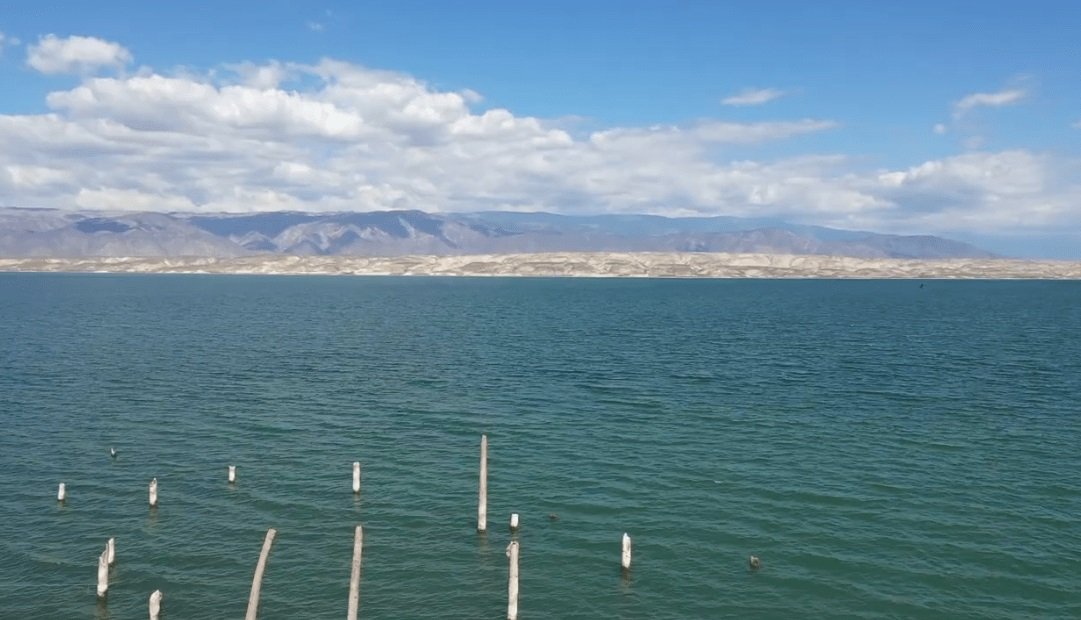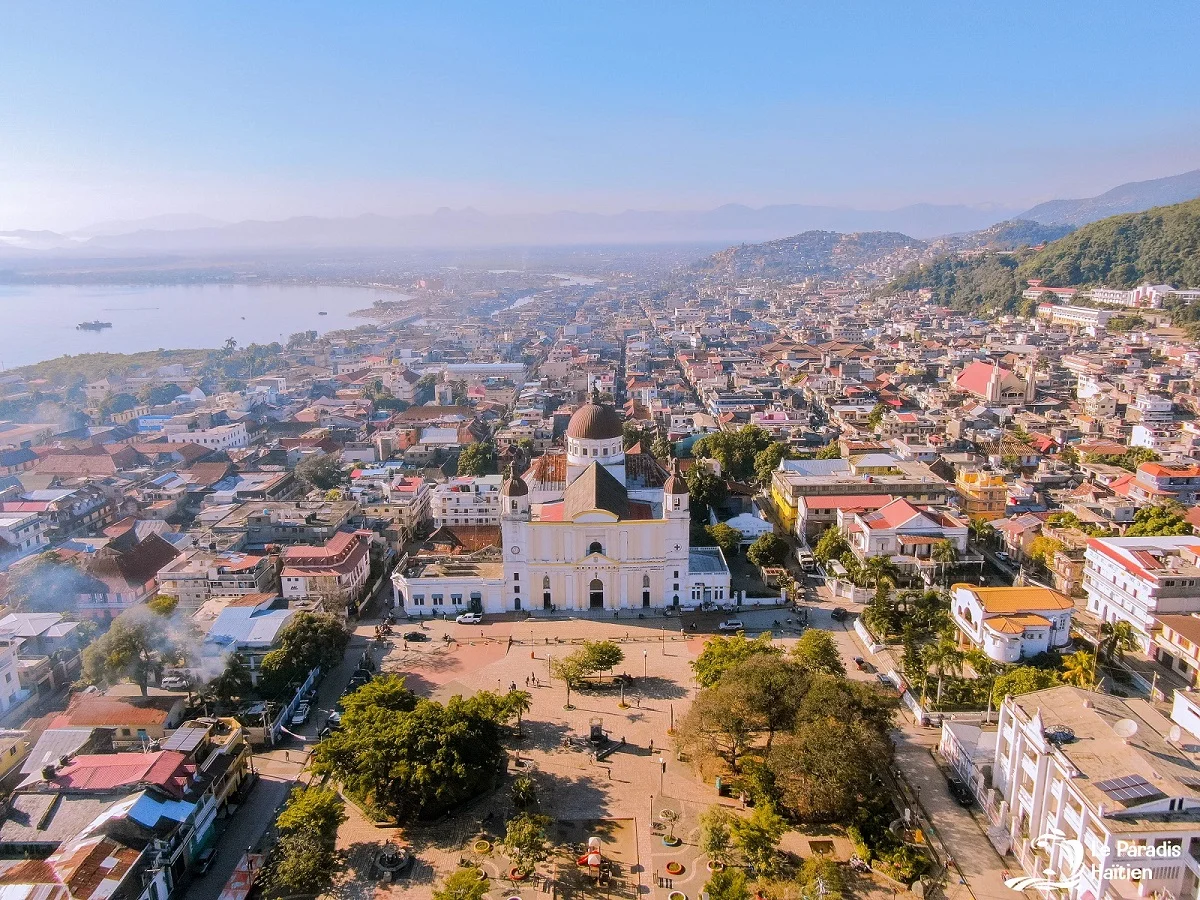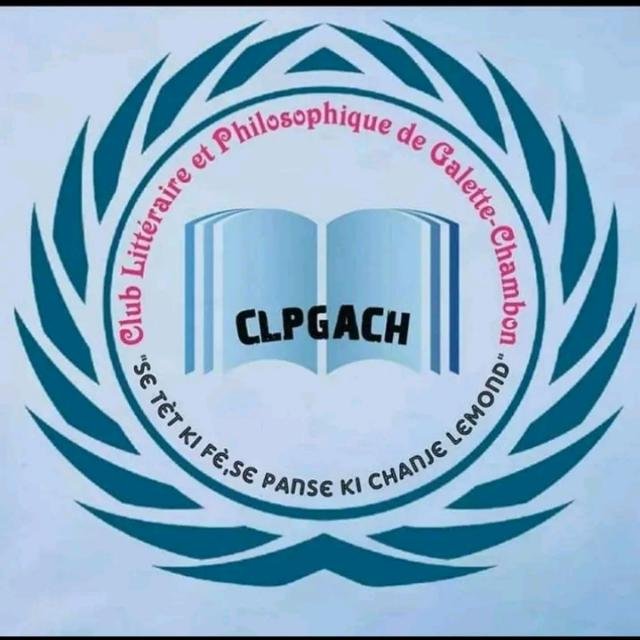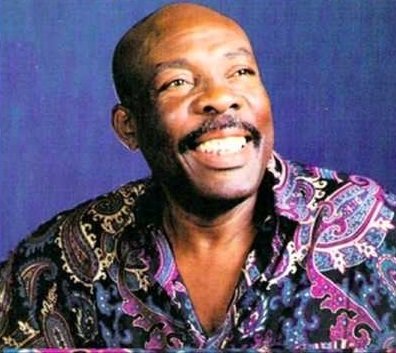
Origin and History of the Haitian Motto
The motto "Liberty - Equality - Fraternity" has its roots in the ideals of the French Revolution of 1789. Haiti, then a French colony under the name of Saint-Domingue, was deeply influenced by these universal principles. However, Haitian revolutionaries gave these words an even more meaningful dimension by truly embodying them through their struggle for independence.














